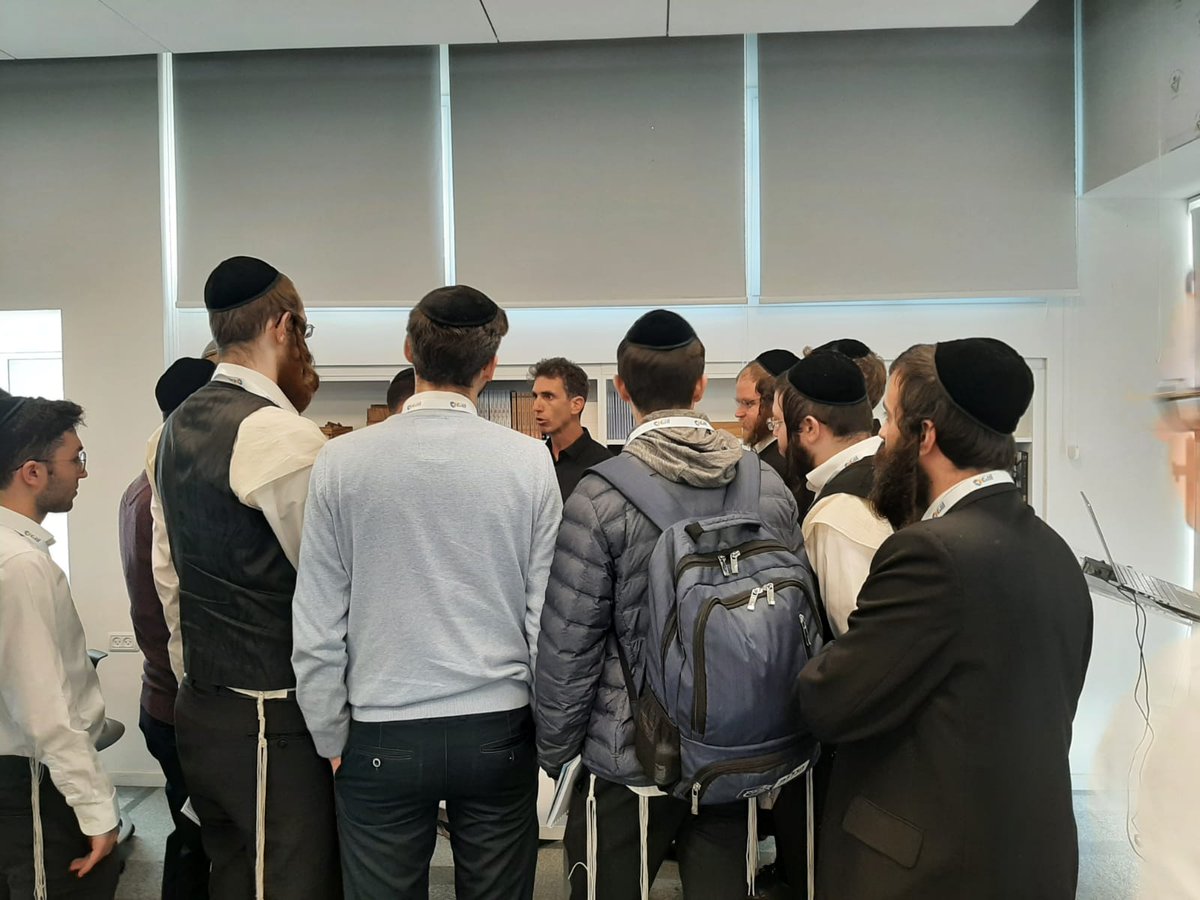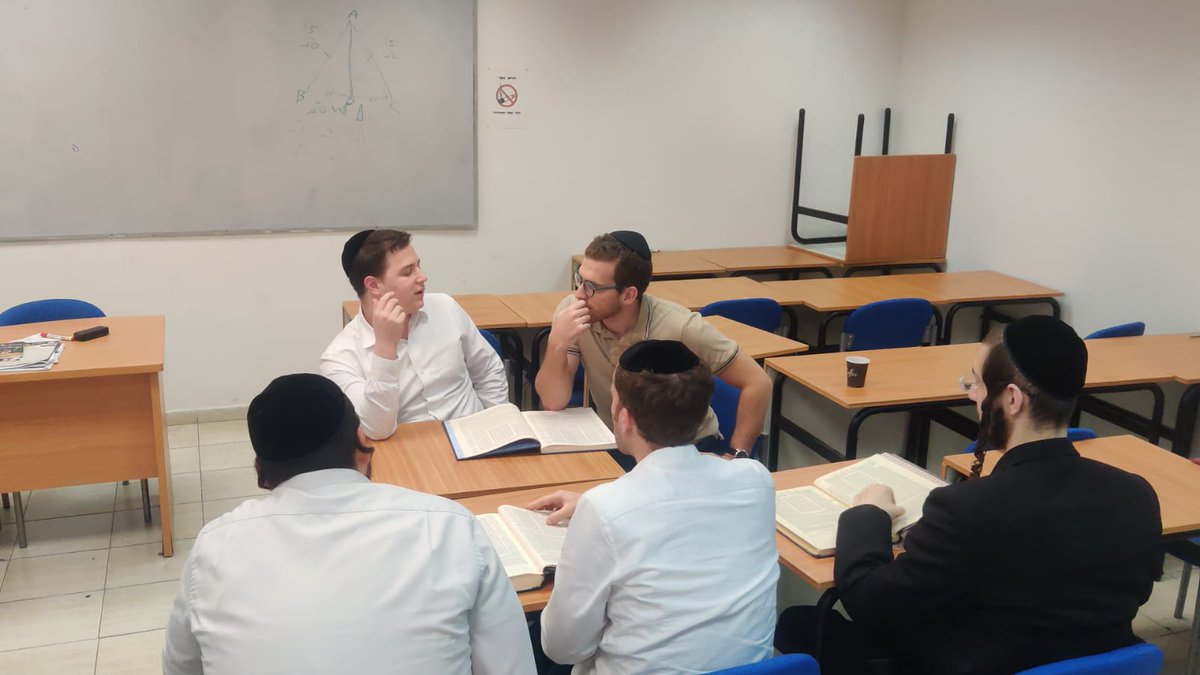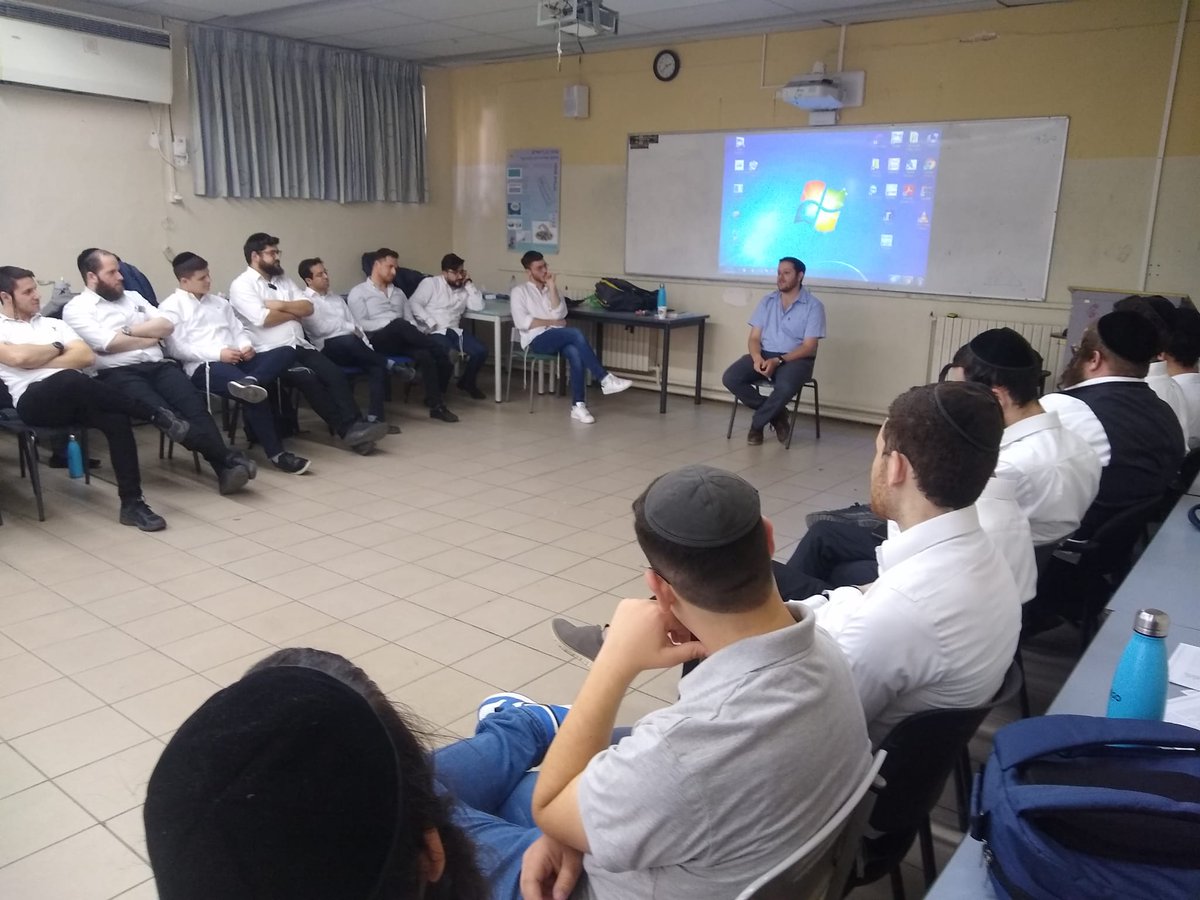views
Former Israeli General Yaakov Amidror discusses the Israeli dilemma regarding a potential war with Hezbollah in Lebanon in a recent lecture.
Gen. Amidror served as head of the Israeli NSC and is a respected expert in Israel and abroad. Here are the main points of his speech:🧵
Gen. Amidror served as head of the Israeli NSC and is a respected expert in Israel and abroad. Here are the main points of his speech:🧵

1. On the fourth day of the war in Gaza, the Israeli government had to decide whether to attack Lebanon given a unique operational opportunity.
2. Unusually, there was broad support for the proposed attack among different Israeli security agencies. Netanyahu, with the backing of war cabinet members Gantz and Eisenkot, decided against attacking Hezbollah.
3. Amidror claims that even in retrospect, this decision was correct. Historical literature on two-front warfare suggests avoiding it whenever possible.
4. Given the IDF's uncertainty about the scope of fighting in Gaza and its lack of experience in urban warfare, Amidror claims, the decision was even more prudent.
5. Nasrallah decided not to join the war in Gaza. He and the Iranians were surprised by Hamas' attack, and they were reluctant to sacrifice themselves for the Palestinians.
6. However, Nasrallah's decision cast a negative light on him. How could the head of the "Mukawama" (resistance to Israel) not intervene for the Palestinians?
7. Amidror suggests that Nasrallah was surprised by the rapid Israeli progress in Gaza, including the quick occupation of Gaza City and Khan Yunis.
8. Nasrallah opted for a middle ground - avoiding war but harassing Israel on the border.
9. Initially, Nasrallah attempted to infiltrate Palestinian military squads across the border, but the IDF successfully targeted and eliminated them. Later, Nasrallah switched to using rockets, missiles, and especially anti-tank missiles.
10. Currently, Amidror claims, Hezbollah has caused significant property damage but has not damaged Israeli military capabilities.
11. Nasrallah's main achievement, according to Amidror, is the evacuation of tens of thousands of Israelis from the north, posing a significant challenge for Israel to address.
12. Amidror also notes that Hezbollah faces a similar problem: tens of thousands of Lebanese have fled southern Lebanon, pressuring Hezbollah and the Lebanese government to find a solution.
13. Amidror explains the current "game" between Israel and Hezbollah: each side attacks a corresponding square in the other's territory, escalating the scope of attacks with each move.
14. Amidror claims that the IDF has achieved significant success in damaging Hezbollah's military capabilities, instilling confidence in its ability to confront Hezbollah.
15. Additionally, the IDF has gained valuable insights into Hezbollah's capabilities, particularly regarding the use of anti-tank missiles, which will pose a significant challenge in future conflicts.
16. Amidror outlines what the next Israel-Hezbollah war might entail:
17. First and foremost, Amidror emphasizes that this would be a devastating war, impacting Israel's major population centers for an extended period. Israel has limited redundancy in both military and civilian systems.
18. Despite Israel possessing one of the world's best missile defense capabilities, the damage would still be severe, exacerbated by shortages in Iron Dome interceptors following the Gaza conflict.
19. Israelis must understand that a ground maneuver in Lebanon would be far costlier than operations in Gaza. Hezbollah's fighters are better trained, its units more organized, and it possesses advanced weapon systems, including anti-tank missiles.
20. However, the IDF is better prepared for a war in Lebanon than it was for the one in Gaza, having focused on northern threats for years. The IDF's tactics, military systems, and training are tailored to this threat.
21. Also, Amidror claims that combat experience gained in Gaza has prepared fighters and commanders to make decisions under fire. This is, of course, extremely important.
22. Amidror asserts that if Hezbollah believes its combat experience in Syria prepares it for war with Israel, it underestimates the scale of power it will face. Despite the war's horrors, Amidror concludes that the IDF is in good shape to confront it.
23. Therefore, Amidror suggests that Israel first explores diplomatic solutions with the Americans and the French. Despite his pessimism, Amidror claims that Israel should let them attempt a resolution.
24. Amidror cautions against partial military actions proposed by some in Israel, as one cannot predict whether it provokes Hezbollah into full-scale war. Israel, he claims, should prepare itself accordingly – for a full scale war.
25. Amidror outlines four necessary conditions for going to war:
26. First, the availability of armaments is essential; without sufficient ammunition, war is not feasible.
27. Second, Israel's economy must be strong enough to support long-term security efforts and fund its security budget.
28. Third, achieving domestic and international legitimacy is crucial, as international support and coalition-building are necessary for Israel's security.
29. Lastly, the fatigue of the army must be considered. Soldiers who have fought for extended periods may not be ready for another lengthy conflict.
30. In light of these factors, Amidror claims that the decision whether or not to start another war with Hezbollah is one of the most challenging aspects of the conflict, according to Amidror.
Link to the full speech, hosted by @Argaman_Inst :
@Argaman_Inst Hebrew version of this thread:
https://twitter.com/udschachter/status/1769719301215301979
• • •
Missing some Tweet in this thread? You can try to
force a refresh








